Dr. Md Intekhab Hossain
M.Sc., Ph.D
Assistant Professor
E-Mail: h.m.intekhab@gmail.com
read more +
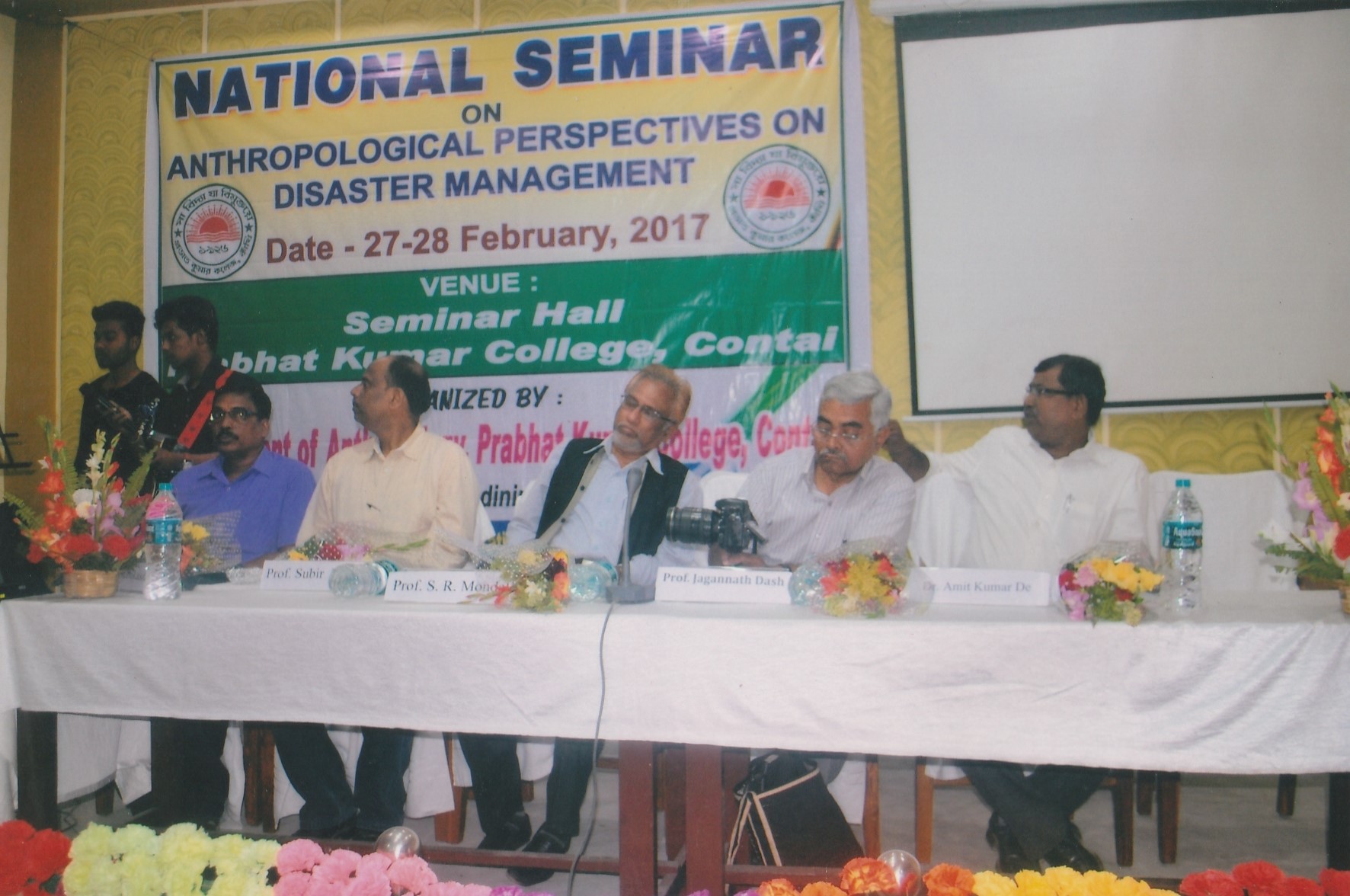
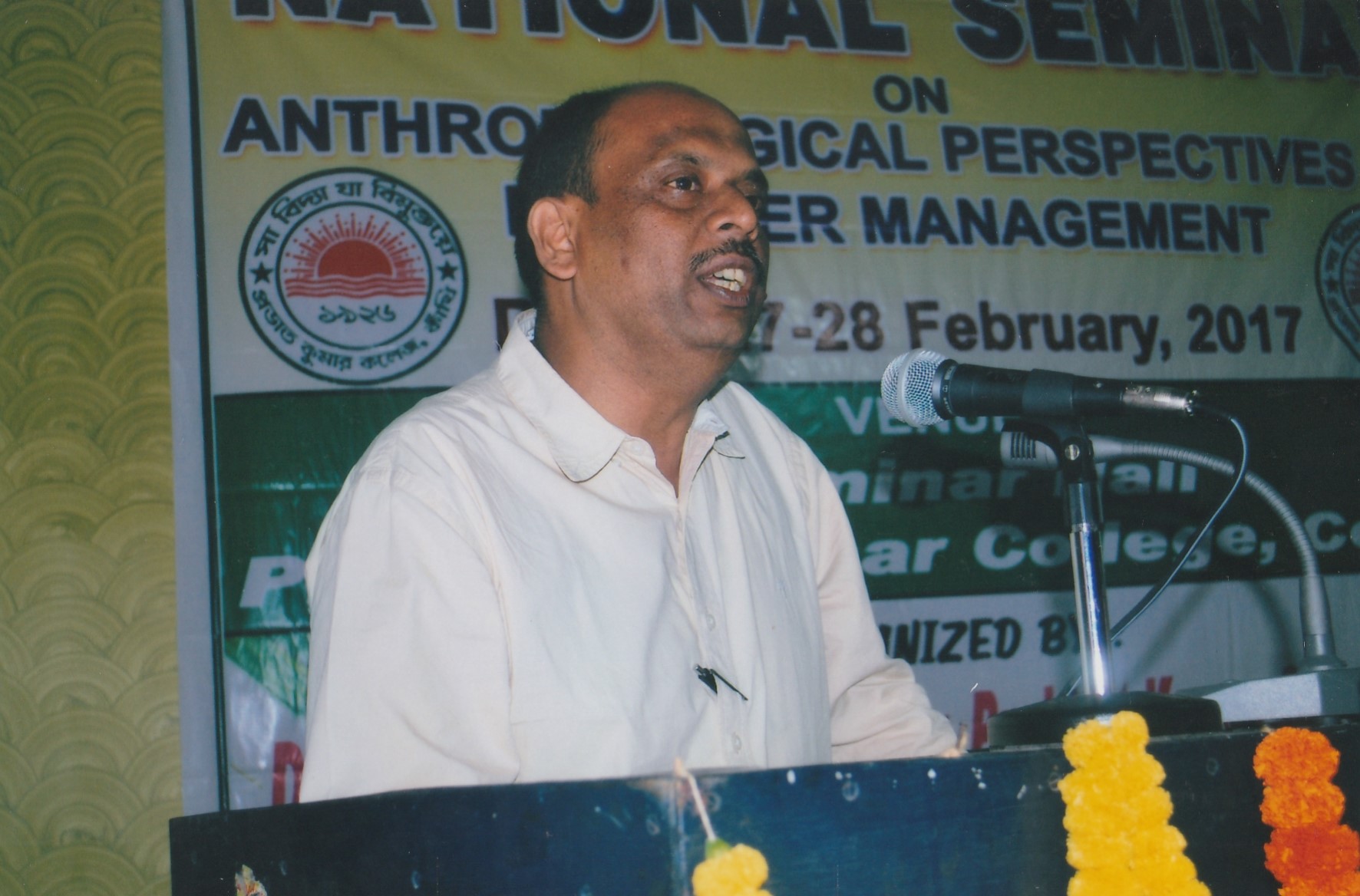
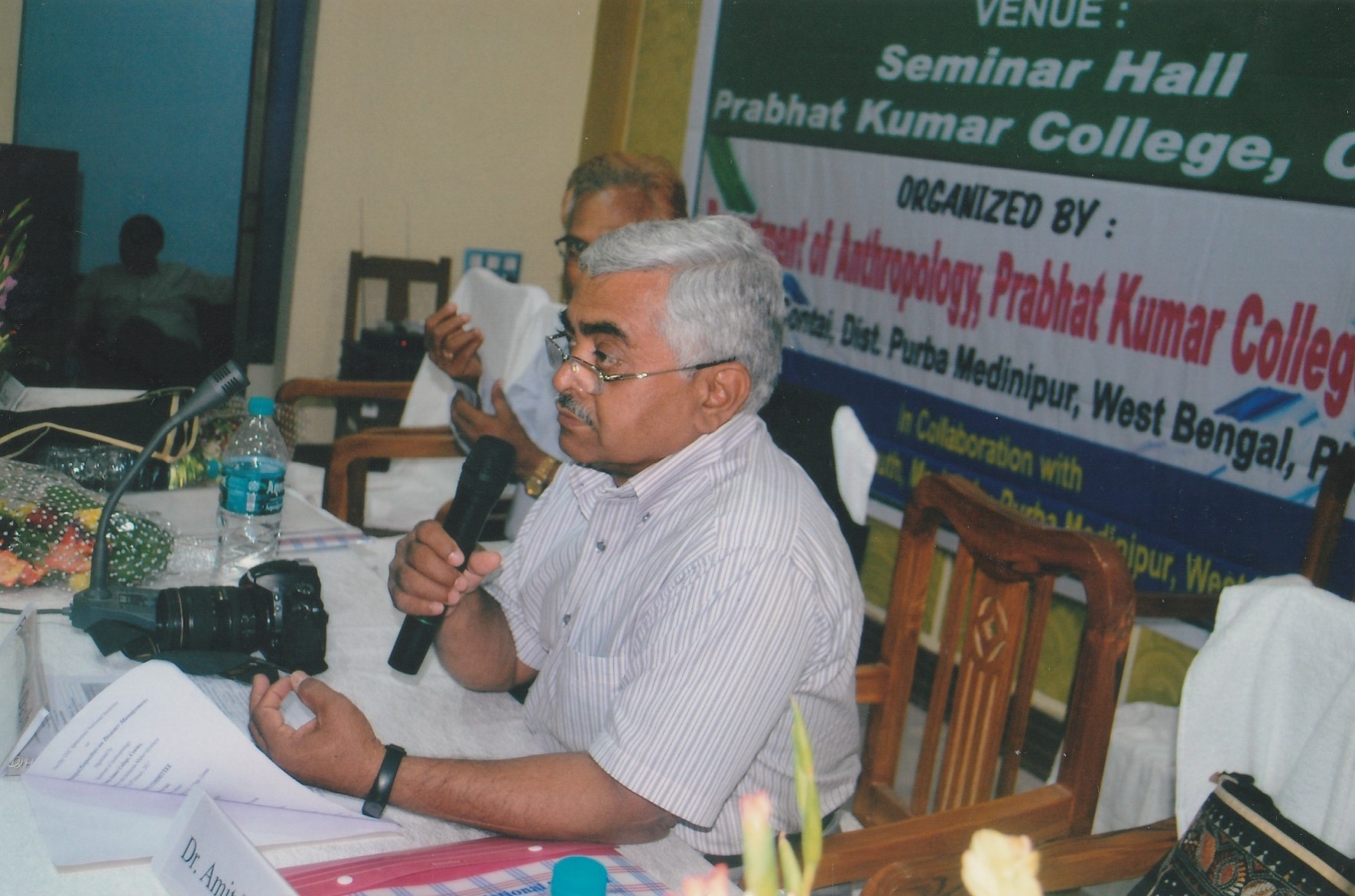
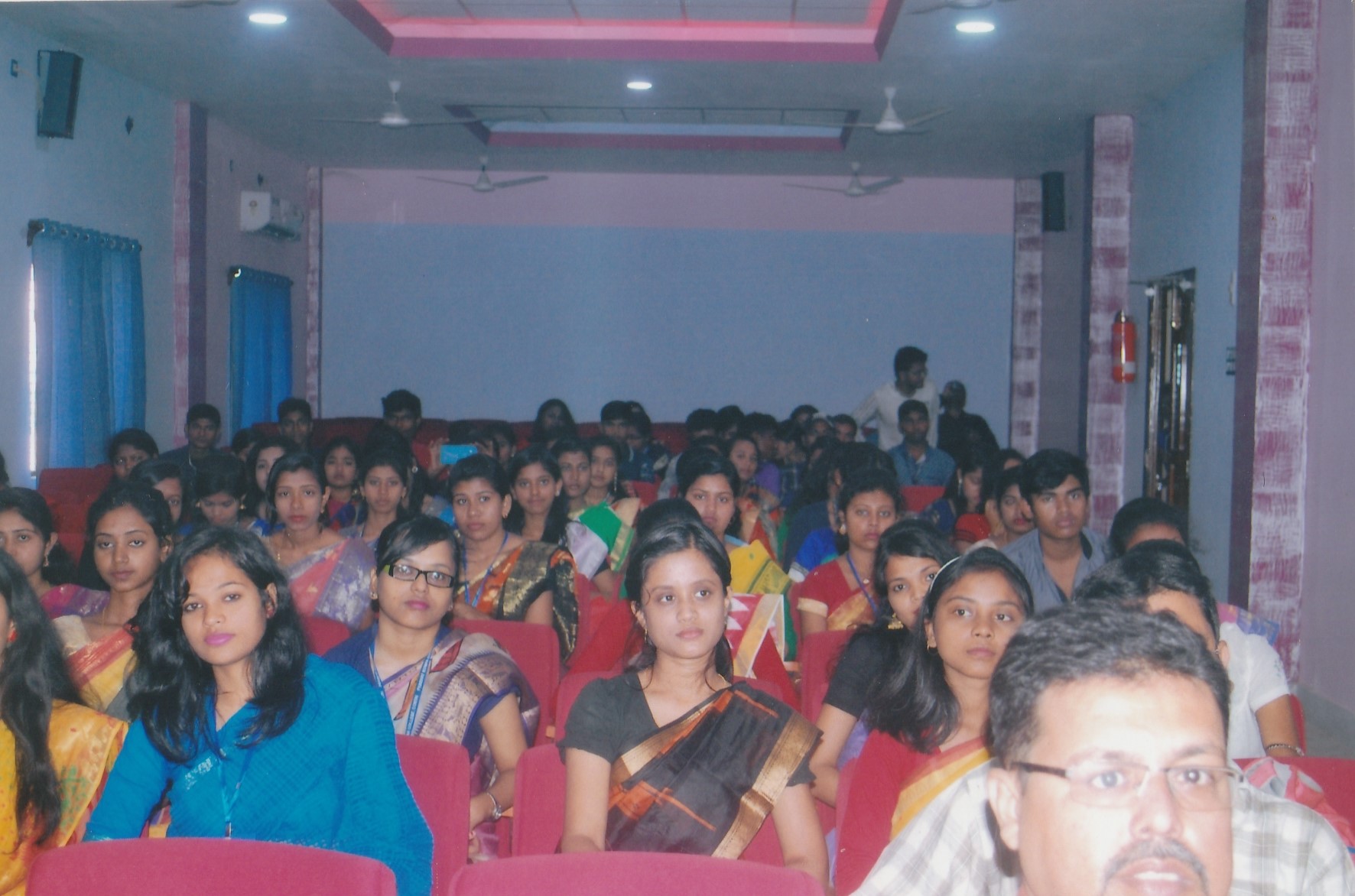
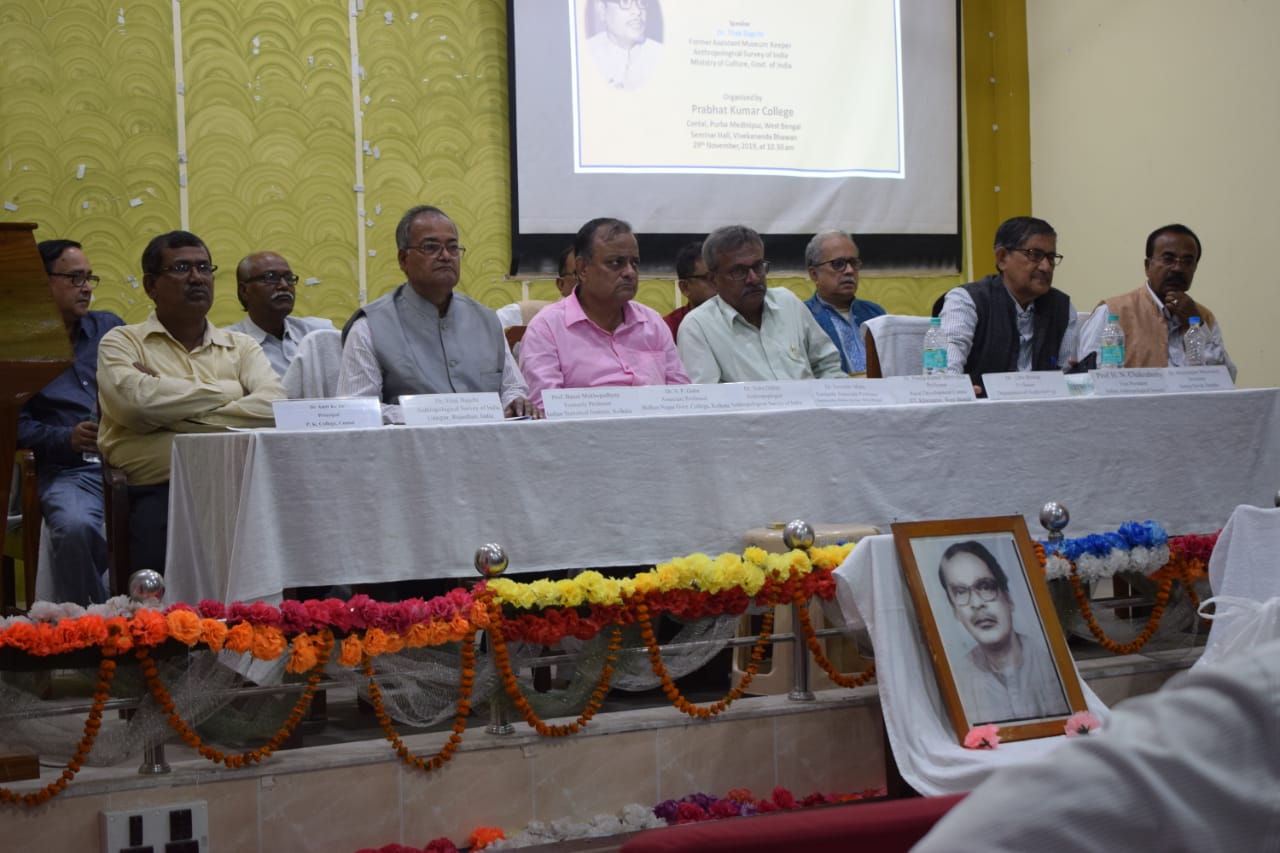
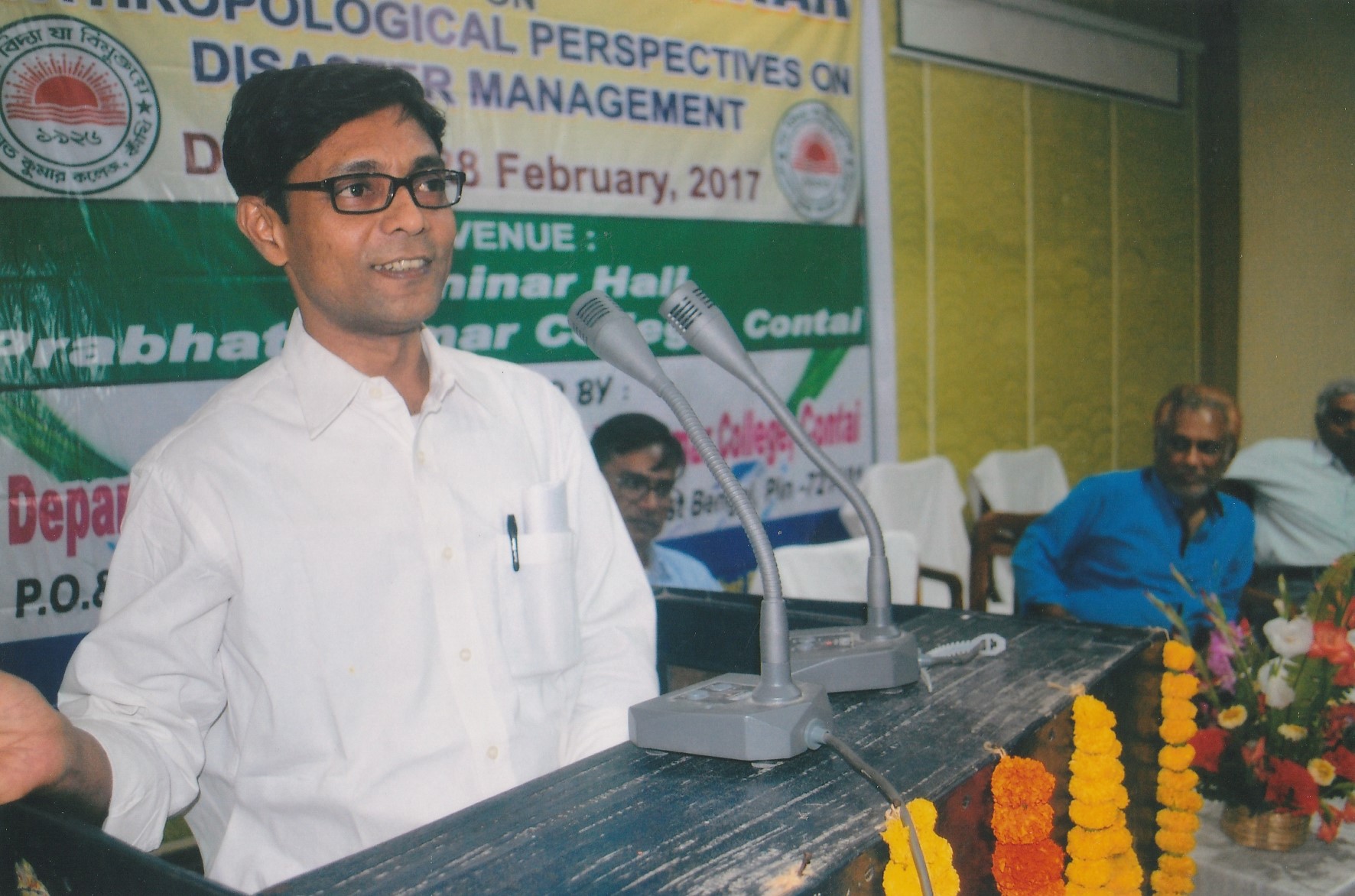
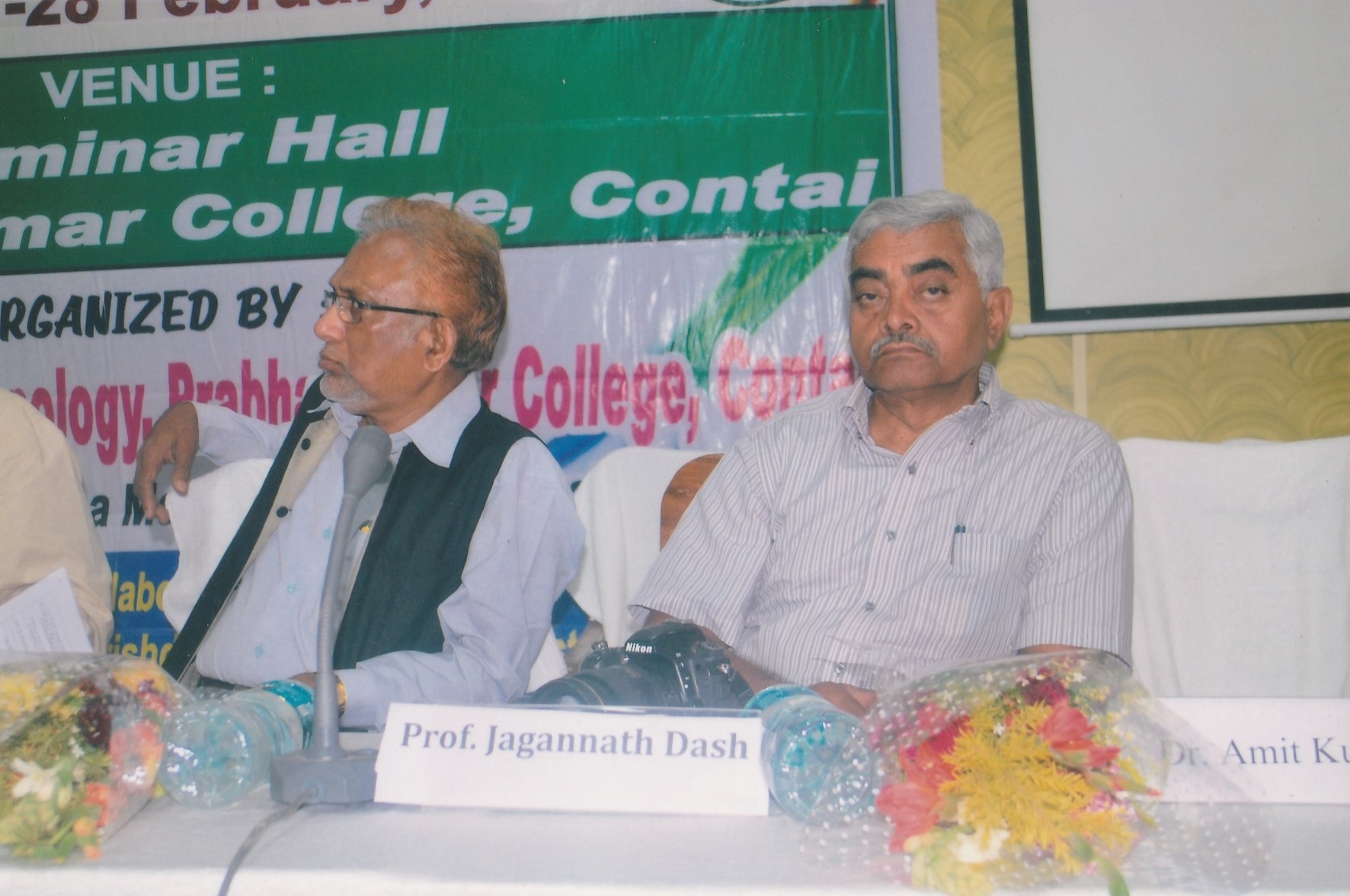
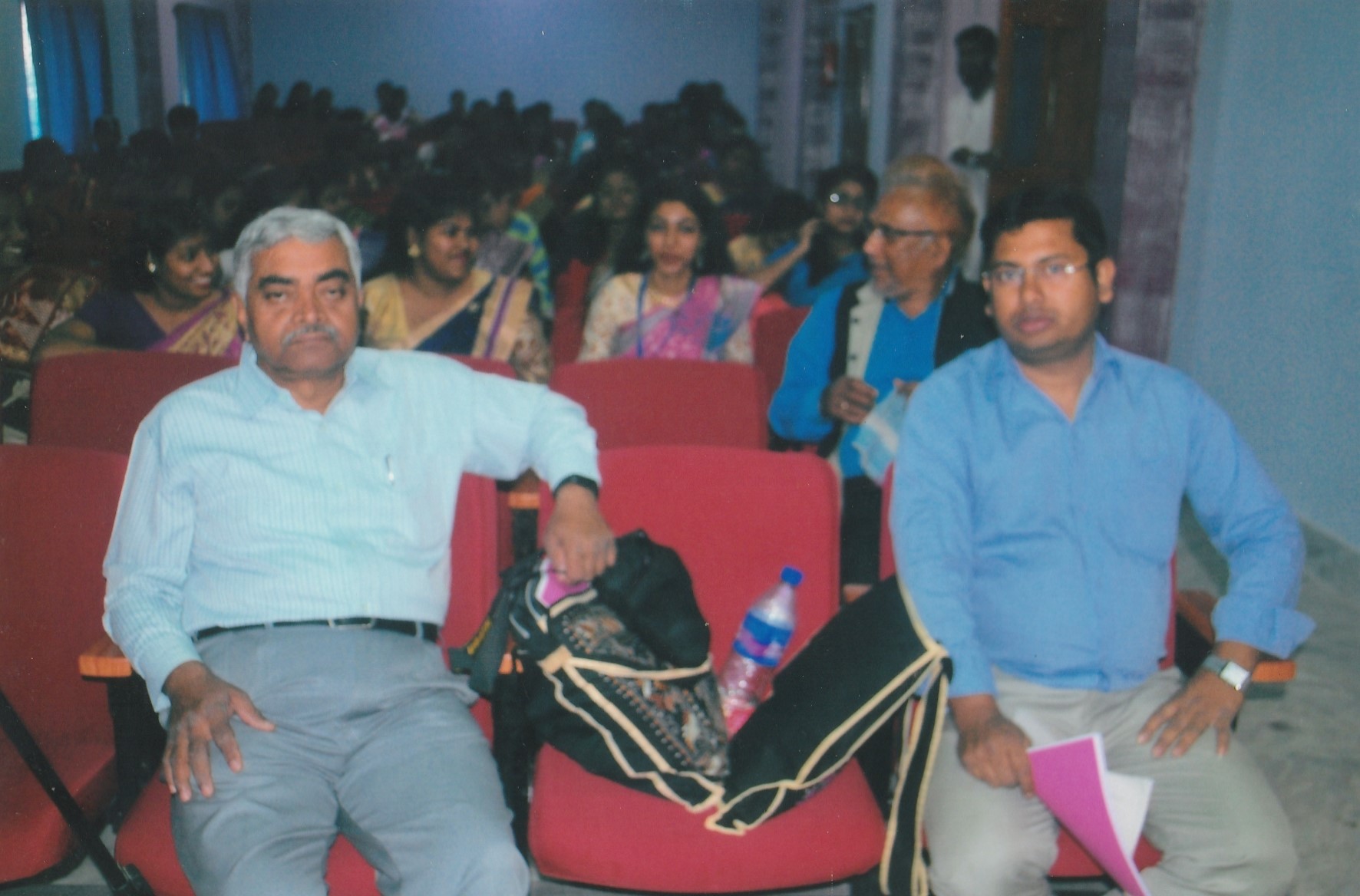
The Department of Anthropology is one of the youngest departments of the college. By observing its broad scope of applicability and its good scoring ability, the Department of Anthropology was introduced in 2001 in this college. At the very beginning, the department was initiated only with Anthropology as a General course subject. However, in course of time, the Honours course with Anthropology was finally initiated from the academic session 2006-2007 considering its gradual increase in demand and popularity. Presently, this department offers both B. Sc. Honours in Anthropology and B.Sc. General in Anthropology courses respectively at the undergraduate level. Besides two Ph.D. Research Scholars are pursuing their research in Anthropology and one expected Scholar is likely to be enrolled in due course. The department has a well-equipped laboratory. One Assistant Professor, four State Aided College Teachers (SACTs), and one Lab. Assistant are presently serving the department.
Strength:
Opportunities:
Aims and Objectives of Research in Anthropology:
Anthropology is the science of human beings and also the study of human beings and their ancestors through time and space and with respect to phenomena. These phenomena would comprise but are not limited to physical character, environment, social relations, and culture. Social & Cultural Anthropology is the comparative study of the ways in which people live in heterogeneous social and cultural milieus across the globe. Societies differ a lot in how they organize themselves, the cultural practices in which they engage, as well as their religious, political, and economic arrangements. These subjects teach humans about themselves and how they have developed as a species. One of the most complex elements of sociological and social and cultural anthropological exploration is the need for objectivity. When examining other societies, cultures, or past historical events, the researcher is doing so through the eyes and perspectives of all of those elements that have influenced their respective lives. Objectivity, therefore, can never be absolute. All researchers may be potentially biased by their own life experiences, their own knowledge base, their own stereotypes and prejudices, and their own time period. Nevertheless, this can never be fully removed, sociological and social and cultural anthropological exploration requires particular care and objectivity for producing valid results. It is also essential for sociological and social and cultural anthropological researchers to understand when and where such biases may be present in an analysis. Away from the selection of topic, thus, there is a process for sociological and social and cultural anthropological research completion regarding objectivity that makes it different as well as unique than other fields of inquiry. Indicating the aim of scientific learning Ralph Piddington has stated, “The aim of any science is to study a specified part of the real world and from a study of facts to formulate theories which shall serve as recipes for human conduct, whether that conduct is the carrying out of further research or the taking of practical steps for the promotion of human welfare”. On the basis of these criteria, Piddington has further admitted, "The primary aim is to accumulate information about human nature. Human nature is a controversial area under discussion. Different scholars have laid stress upon different aspects of human nature". The primitive man and society demonstrate human nature in its most rudimentary and raw form. Thus, their study is helpful for the understanding of the basic essentials of human nature lacking much influence of culture upon them. Thus, the goals and objectives of anthropological research are:

...





